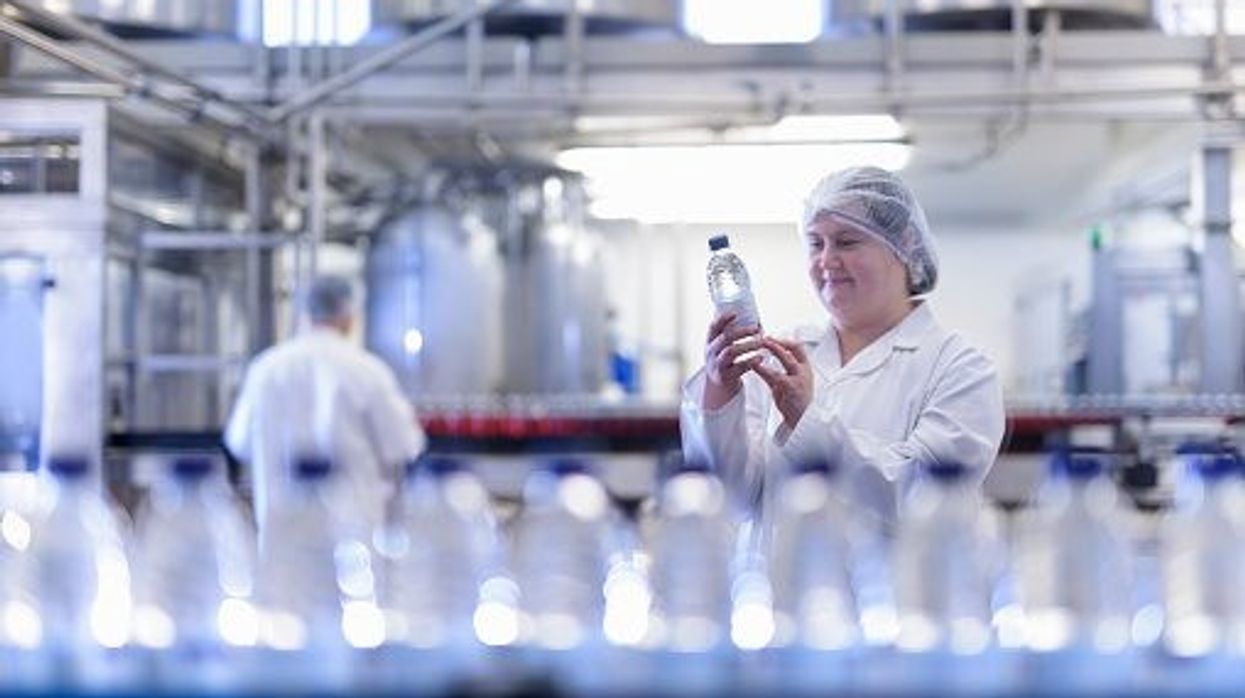In the pharmaceutical industry, maintaining high standards for water quality is crucial for ensuring product safety, efficacy, and compliance with regulatory standards.
Water is a fundamental ingredient in drug manufacturing, and its quality directly impacts the production process and the end products. This makes adherence to water service compliance a legal obligation and a critical aspect of operational integrity.
THE LEGAL COMPLICATIONS OF POOR WATER QUALITY
Compliance with water quality standards in the pharmaceutical industry is mandated by regulatory agencies such as the MHRA, several regulations that set strict criteria for the types of water used, including purified water, water for injection, and sterile water.
Failure to meet these standards can result in severe penalties, including product recalls, fines, and loss of manufacturing licenses. Regulatory compliance ensures the pharmaceutical companies adhere to legislations and avoid legal repercussions that can damage their reputation and financial standing
COMPLYING WITH WATER QUALITY REGULATIONS
To comply with water quality regulations, pharmaceutical companies must implement and maintain advanced water filtration and purification systems.
This involves a multi-step process that typically includes pre-filtration to remove large particulates, reverse osmosis to eliminate dissolved salts, and UV treatment or ozonation to eradicate microorganisms.
Regular monitoring and validation of the system are also required to ensure ongoing compliance and optimal performance.
IMPROVING WATER COMPLIANCE
High quality water is essential for various processes in pharmaceutical production, including drug formulation, equipment cleaning, and laboratory testing. Contaminated or improperly purified water can compromise drug quality, leading to potential health risks for patients and costly recalls for manufacturers. Therefore, implementing a robust water filtration and purification system ensures that water used in production meets stringent purity standards thereby safeguarding public health and maintaining product and brand integrity.
ADVANCED WATER FILTRATION PROCESS
A pharmaceutical grade water filtration system comprises several components. It starts with pre-treatment steps such as sand filtration and activated carbon filtration to remove chlorine and organic contaminants. Reverse osmosis units then remove dissolved impurities, followed by deionization or electrode ionization to polish the water. UV sterilizers or ozone generators are used to destroy any remaining microorganisms. The system is equipped with sensors and monitoring tools to continuously assess water quality parameters, ensuring that the purified water consistently meets regulatory standards.
DISPOSAL OF PHARMACEUTICAL WASTE WATER
As well as requiring water that’s of an excellent standard, a pharma business needs to ensure that the trade effluent that they produce is properly disposed of. This will include getting the correct TE consents in place, and if required, organising specialised means of disposal, such as vats or tanks.
While you can do this by yourself, many water retailers will help you get the correct effluent consent, and a good deal on any specialist services that a pharmaceutical business may require, such as BOD and COD removal.
WHAT YOUR BUSINESS WATER SUPPLIER SHOULD BE DOING FOR YOU
Effective water service compliance in the pharmaceutical industry is vital for ensuring the safety and quality of pharmaceutical products.
By investing in our sophisticated water purification systems and adhering to strict regulatory standards, companies can protect public health, meet legal requirements, and maintain their reputation for high quality production.
Continuous monitoring and validation of these systems are key to sustaining compliance and supporting the overall success of pharmaceutical operations. If your organisation requires any of these sector-specific treatments or the compliance assurances mentioned above, it is worth investing in high-quality services, which are designed specifically for the pharmaceutical sector.












